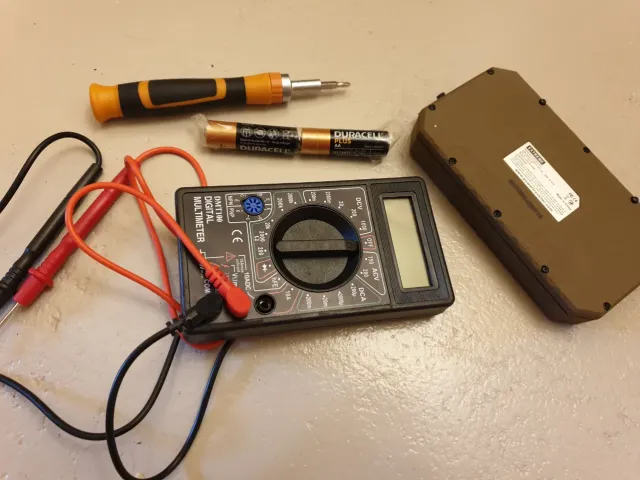voltage tester
A voltage tester is an essential tool for anyone working with electrical systems, from professional electricians to DIY enthusiasts. Its primary function is to determine the presence and level of voltage in electrical circuits, outlets, or devices. Voltage testers come in various types, including simple non-contact voltage testers, more advanced digital multimeters, and specialized tools like circuit testers and continuity testers. Each type offers specific advantages, making them indispensable for ensuring electrical safety and diagnosing issues.
The simplest and most commonly used type is the non-contact voltage tester. This tool is typically pen-shaped and can detect the presence of AC voltage without making direct contact with the wires or conductive parts. When placed near a live wire, outlet, or switch, the tester lights up or beeps, indicating the presence of voltage. Non-contact voltage testers are widely appreciated for their ease of use and safety, as they minimize the risk of electric shock by eliminating the need to touch live components.
For more detailed measurements, digital multimeters (DMMs) are preferred. A DMM can measure not only voltage but also current, resistance, and other electrical parameters. It provides precise numerical readings, making it ideal for troubleshooting complex electrical systems and ensuring that circuits are functioning correctly. Digital multimeters are essential for diagnosing electrical problems in appliances, automotive systems, and industrial equipment, offering a comprehensive solution for professionals.
Circuit testers and continuity testers are other specialized tools that provide additional functionalities. Circuit testers can check the wiring of electrical outlets, ensuring proper connections and identifying common issues like open grounds or reversed polarity. Continuity testers, on the other hand, are used to check if a circuit is complete and can conduct electricity. These tools are invaluable for verifying the integrity of wiring and components in various electrical installations.
The primary benefit of using a voltage tester is safety. Electrical work involves significant risks, and verifying the presence of voltage before working on any circuit is crucial to avoid electric shock or injury. Voltage testers provide a quick and reliable way to ensure that circuits are de-energized and safe to work on. This is particularly important in residential, commercial, and industrial settings, where unexpected contact with live wires can have serious consequences.
Moreover, voltage testers are instrumental in troubleshooting and maintenance. Identifying whether a circuit is live or dead helps in diagnosing electrical problems accurately. For example, if an appliance is not working, a voltage tester can quickly determine if the issue is with the power supply or the appliance itself. This saves time and effort in pinpointing the source of the problem, allowing for more efficient repairs.
In conclusion, voltage testers are indispensable tools in the field of electrical work. They provide critical information about the presence and level of voltage, enhancing safety and efficiency. From simple non-contact testers to advanced digital multimeters, these devices cater to various needs, making electrical work safer and more precise. As technology advances, voltage testers continue to evolve, offering improved accuracy, ease of use, and additional features that further enhance their utility in ensuring electrical safety and reliability.

